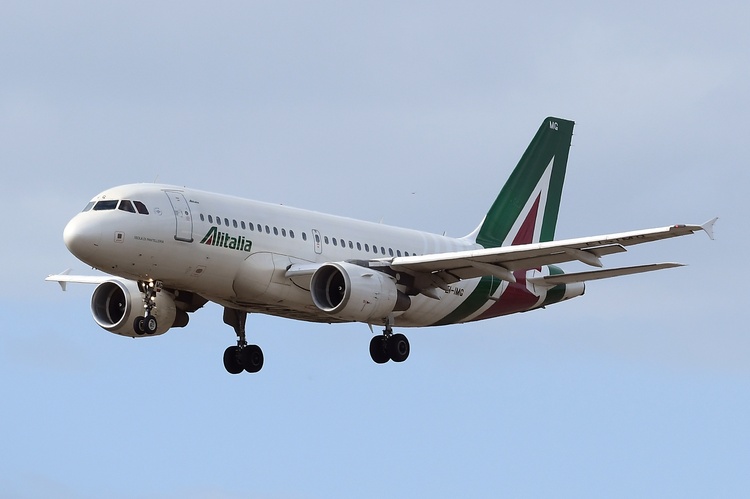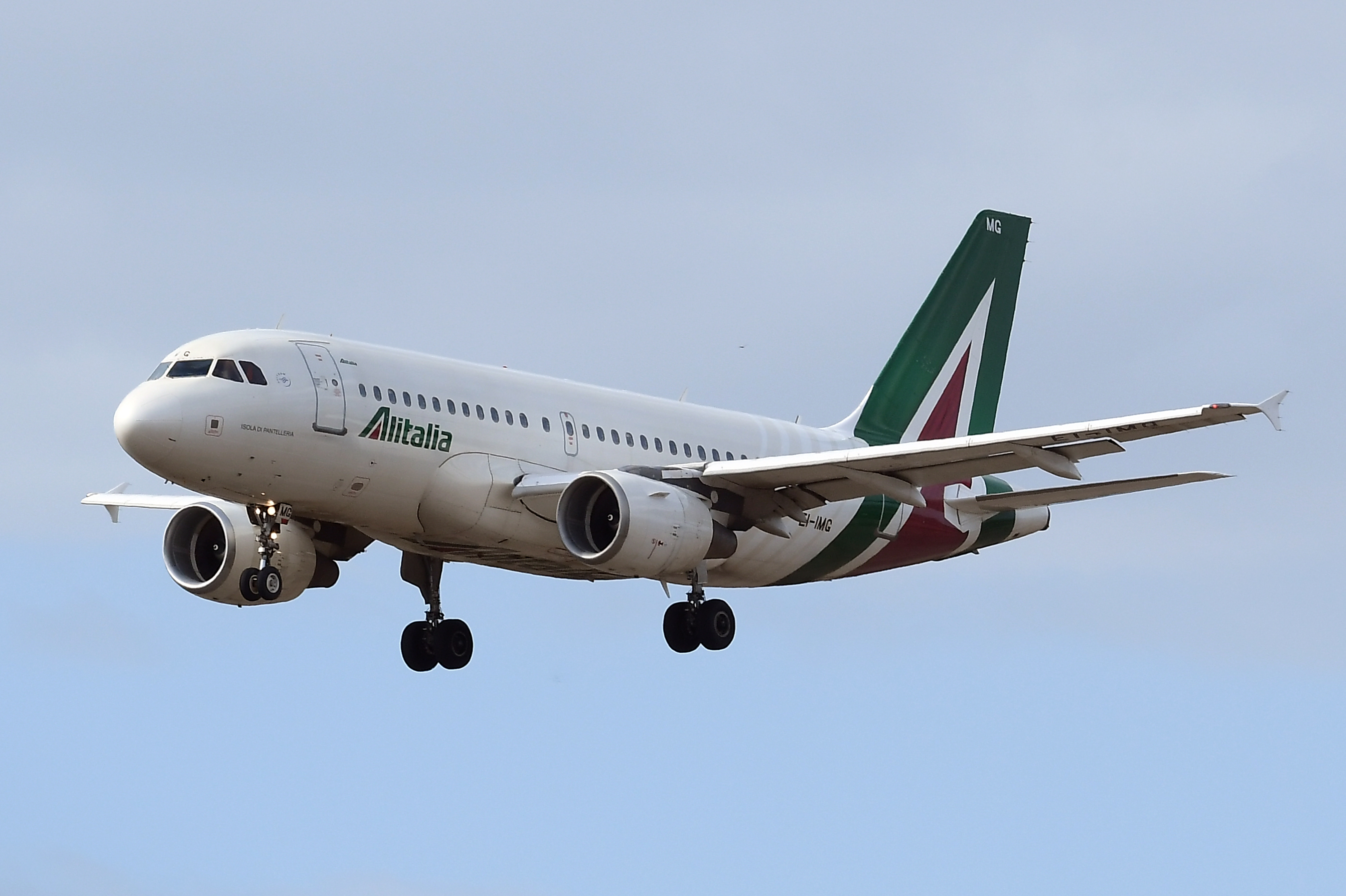Italia Trasporto Aereo (ITA) will take to the skies on Friday, replacing Alitalia as the new national carrier.
“ITA marks the birth of a new important Italian airline, which will be able to compete on the national and international market,” Transport Minister Enrico Giovannini said.
ITA will initially serve 44 destinations, with this number set to rise to 74 destinations by 2025.
In addition to key airports such as London-Heathrow and Paris-Charles de Gaulle, Alitalia’s slimmed-down successor will serve more than a dozen Italian cities.
ITA began selling tickets for European and domestic routes in August, after obtaining its operating licence from the Italian civil aviation authority ENAC.
The airline sold its first transatlantic tickets on October 5, for routes between Italy and the US.
It will initially fly from Rome Fiumicino to New York JFK, Miami, Boston, and Los Angeles, and from Milan Malpensa to New York JFK.
More long-haul flights are expected in the spring of 2022, reportedly including Buenos Aires and São Paulo.
ITA will start out with a fleet of 52 aircraft, which will rise to 78 in 2022 with the arrival of new-generation airplains, according to Italian news agency ANSA.
The fleet will grow to 105 aircraft by the end of 2025, including 81 new-generation airplanes that will reduce the airline’s environmental impact and boost efficiency.
ITA will employ fewer than 3000 people compared to the more than 11,000 who work for Alitalia currently, handing off-ground operations and maintenance service to subsidiaries.
Alitalia is no longer selling tickets for flights, and has confirmed that customers who have already booked tickets to fly after Friday will receive a refund.
The airline was established on September 16, 1946, and started operations on May 5, 1947, in which year it carried over 10,000 passengers.
The inaugural flight was from Turin to Catania and Rome, piloted by Virginio Reinero.
The first intercontinental flight left a year later, flying between Milan and cities in South America.
By the 1990s, Alitalia was carrying 25 million passengers annually.
The airline has been in extraordinary administration since 2017, following years of not turning a profit.
It received €1.3 billion in state funds between 2017 and 2019 to keep it operating.












